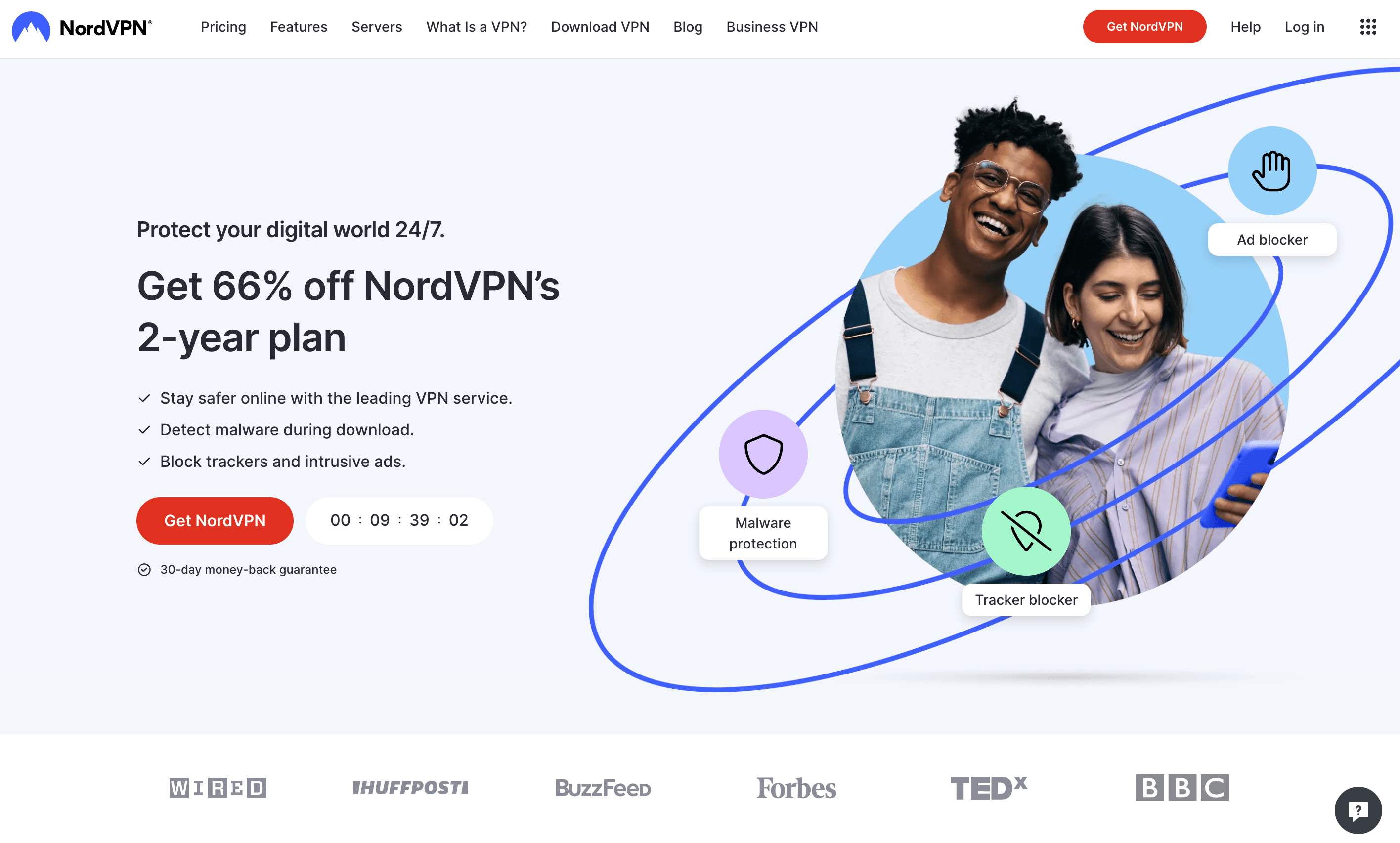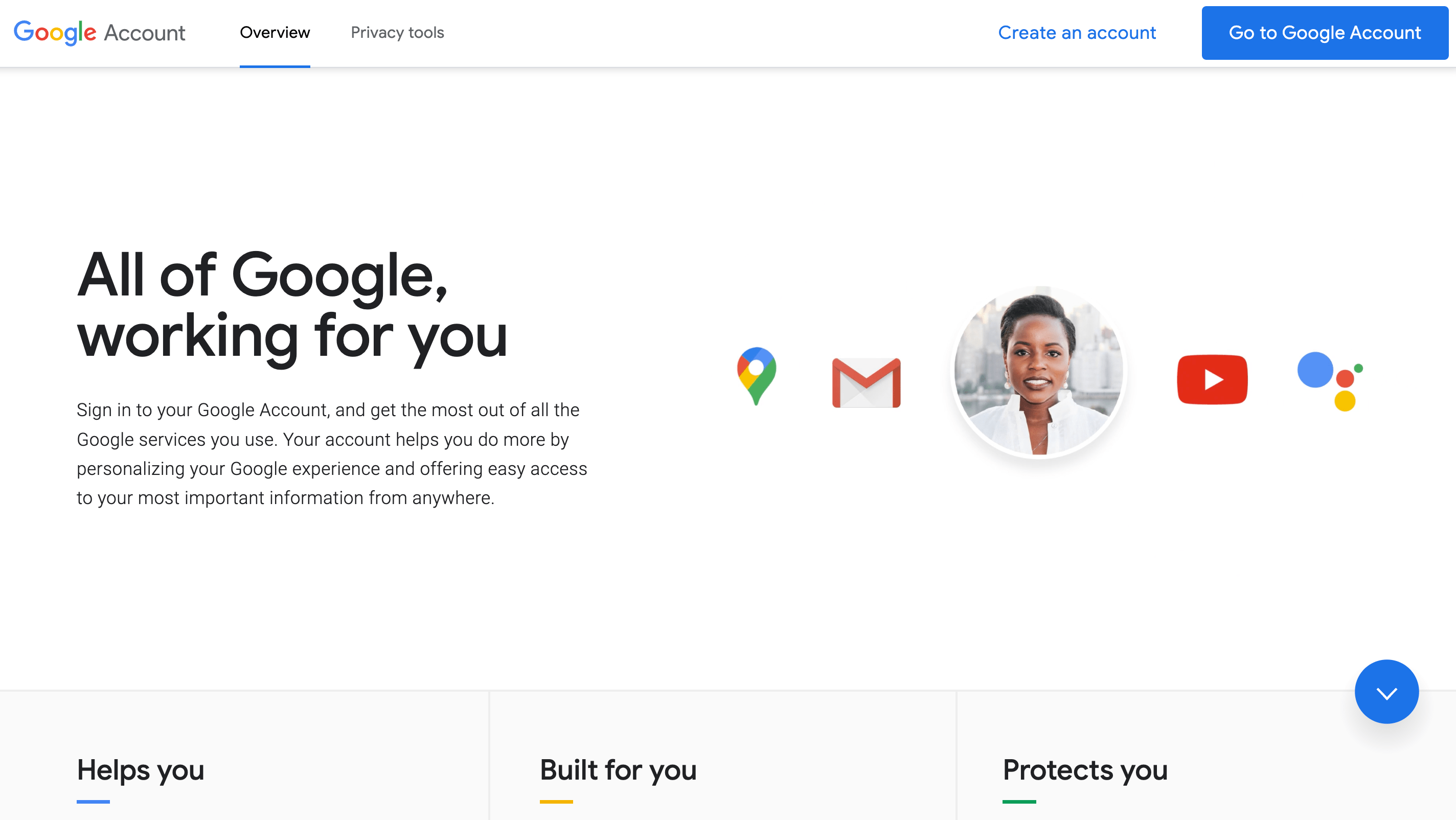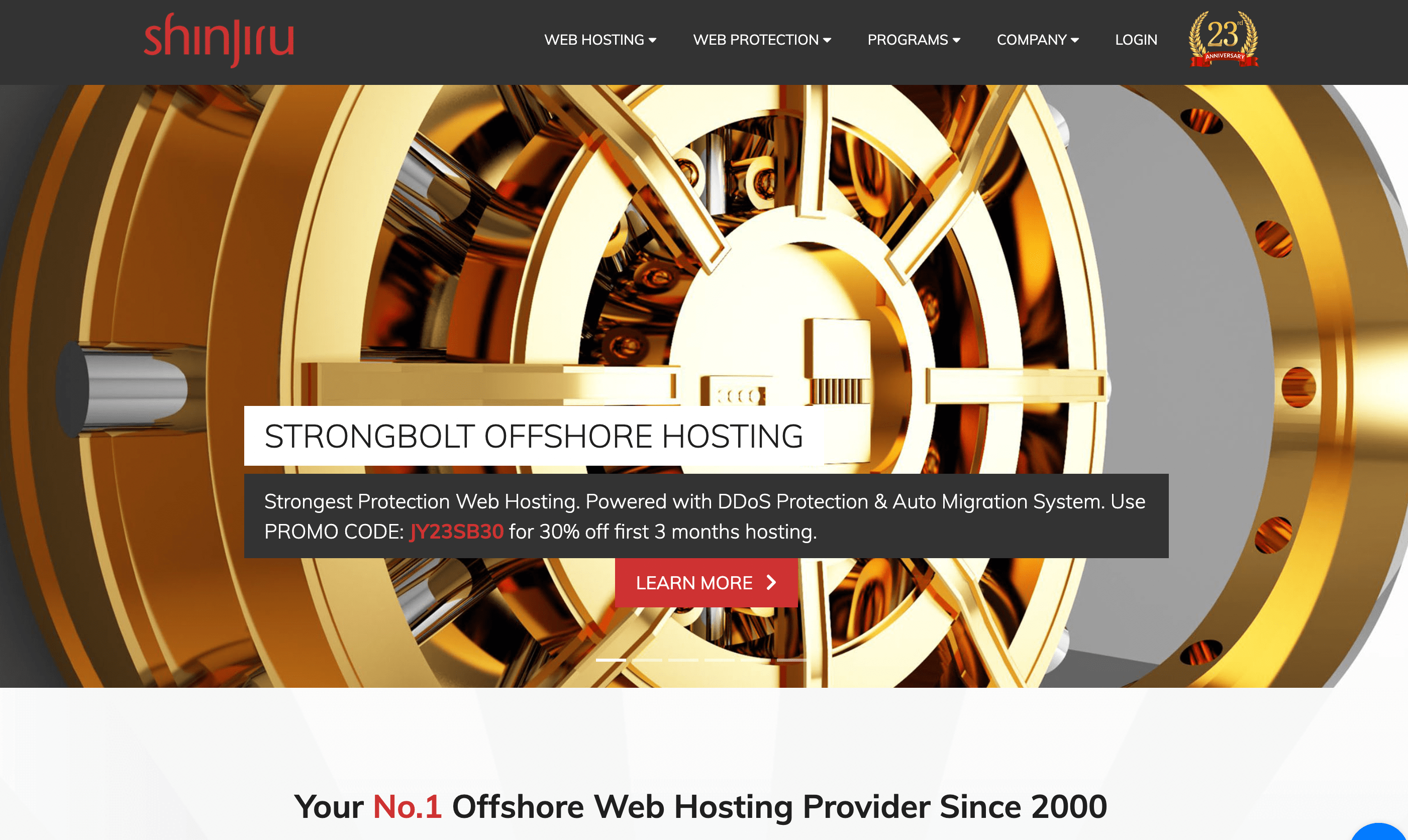Starting a personal blog can be a great way to hone your writing craft and express yourself. However, if you don’t have a lot of experience as a writer or you want to protect your privacy, publicly blogging may not appeal to you. Blogging anonymously is an interesting alternative.
The good news is that you can set up your WordPress site in a way that helps ensure it won’t be traced back to you. For example, you can use an anonymous email, a pseudonym, and get privacy services through your web host.
In this post, we’ll talk about why you may want to start blogging anonymously. 🤔
Then, we’ll show you how to do this in five steps. We’ll also cover multiple options, so that you can choose the right approach based on how private you want to be.
To finish things out, we’ll share some advice on how to promote and monetize your blog while still remaining anonymous.
Let’s dive right in! 🥽
Why you might want to start blogging anonymously with WordPress
Before we show you how to start blogging anonymously, let’s explore why you might want to do it. Here are a few reasons:
- Improve your writing skills. 👨💻 You may want to become an anonymous blogger simply so you can hone your writing craft. Having a blog could help you maintain a consistent writing schedule, and remaining anonymous can shield you from any judgmental critics.
- Share bold opinions. ⌛ It’s okay to have strong opinions, but the backlash for sharing them may be a concern. Since online harassment is worse than ever, remaining anonymous can be a great way to avoid the alternative of self-censoring.
- Protect your privacy. 💂♂️ You might just want to conceal your identity in order to maintain your current private life. Some people have no desire to be famous!
Blogging anonymously with WordPress.org specifically is an excellent option. That’s because this version of the content management system (CMS) can be self-hosted (as opposed to WordPress.com and some other website builders).
How to start blogging anonymously with WordPress
Now that you know why you may want to start blogging anonymously, let’s go over how you can do it with WordPress in five steps!
- Sign up for a VPN
- Create an anonymous email address
- Use a secure CMS, web host, and domain registrar
- Choose a pen name / author persona
- Don’t reveal personal information
1. Sign up for a VPN 🚇
When you’re surfing the web, your device will need to connect to the servers that power the websites you’re trying to access. However, a virtual private network (VPN) lets you re-route those requests to another computer before making a connection.
It’s basically a form of encryption. That means using a VPN makes it impossible for your internet connection to be traced back to your personal device. So, the first step to blogging anonymously is signing up for a VPN.

Fortunately, there are lots of quality yet affordable VPNs to choose from. For example, NordVPN is a popular choice.
2. Create an anonymous email address 📧
Once your connection is private, the next step is to create an anonymous email address. You’ll need it later on in order to create an account with your web host and to set up WordPress.
Gmail is a safe bet when it comes to email. However, if you choose this option, you’ll need to create an entirely anonymous Google account first:

This might actually be useful, because it can help further protect the anonymity of the content you create. For example, you may need Google Drive or Google Docs to manage your blog.
If that’s the case, it’s a good idea to just start using your anonymous account by default. When creating the anonymous account, you’ll likely want use bogus information.
Also, keep in mind that Google asks you to provide a recovery phone number or email. To maximize your anonymity, you may even want to create two anonymous emails. This way, the Gmail account you use later on can’t be traced to any of the personal accounts attached to your name.
If you want a more private approach, you can also consider privacy-friendly email hosts like Proton Mail. 📮
3. Use a secure CMS, web host, and domain registrar 🔒️
Now, it’s time to get into the technical details of your blog configuration. How you approach these details will depend on how important privacy is to your situation.
For example, there’s a big difference between blogging anonymously because you don’t want your coworkers to know about your blog and blogging anonymously because you live in a country where you’re worried about government repression.
There are three parts to consider here:
- Content management system (CMS) – we recommend using a self-hosted tool that’s privacy-friendly. The self-hosted WordPress.org software is a great option, but you can find other platforms like Ghost.
- Web hosting – your web host powers your blogging software (e.g., WordPress). Depending on how far you want to go in terms of privacy, you can use a regular web host or consider an offshore web host that accepts cryptocurrency.
- Domain name – at a bare minimum, you’ll want to use a domain registrar that offers WHOIS privacy. If you want to go further, consider a service like Njalla.
👉 Content management system (CMS)
Again, we recommend WordPress for your content management system. Here’s our introduction to WordPress, as well as why we recommend it.
To help you get started, we have a guide on how to set up a WordPress blog.
👉 Web hosting
You can technically blog anonymously using any web host. However, some web hosts are better than others when it comes to privacy. It can be especially important if you have more serious reasons for blogging anonymously (e.g., government repression).
For example, there are certain jurisdictions that are more privacy-friendly, like the Netherlands. And, where your servers are hosted can impact the privacy laws that apply to you.
That’s why it’s good to consider offshore web hosting. Some offshore web hosts, like Shinjiru, even let you pay with Bitcoin to further protect your anonymity:

On the other hand, if you’re interested in blogging anonymously just because you don’t want your friends/coworkers to know about your blog, you’ll probably be fine with a regular web host, such as Bluehost.
👉 Domain name
Your domain name is your blog’s permanent address on the internet. Because the governing body behind domain names requires you to provide your contact information to register a domain name, it can be another possible way to leak your identity.
At a bare minimum, you’ll want to use a domain registrar that offers WHOIS privacy. This will prevent people from searching your contact information in the WHOIS database. Most quality domain registrars offer this service.
If you just want to stop nosy people from finding your identity, WHOIS privacy might be all you need. However, your contact information is still on file with the domain registrar, even if it’s not publicly available.
If you’re really worried about privacy, you can use a service like Njalla, which was created by Peter Sunde (the founder of The Pirate Bay).
When you use Njalla, it technically owns the domain for you, which means your contact information isn’t on file anywhere. You can also pay using cryptocurrency, so your payment information isn’t on file, either. This is the best option from a privacy perspective.
However, be aware that you don’t technically “own” your domain name (even though you can fully manage it). As such, you’re putting a lot of trust in the Njalla service.
If privacy is of paramount importance to you, that might be worth it. But for most people looking to blog anonymously, you can just use a regular domain registrar with WHOIS privacy.
💻️ Setting things up…
Once you’ve found a reliable web host / domain registrar, make sure to use your anonymous email and other fictional data to sign up.
Then, you should be ready to install WordPress. Your web host may enable you to do this in one click. If not, you might need to consult our guide on how to install WordPress. As you complete this process, don’t forget to carry over your anonymous email and dummy data. 💽
4. Choose a pen name / author persona 🧑💻
Now, you’re ready to build out your personal blog. This will require you to choose a WordPress theme and design any web pages you want to include (in addition to your blog feed).
At this point, you may want to create an author persona, making an “about” page for your fictional identity. Alternatively, you could opt for revealing minimal data, and just provide a pen name.
When creating your pseudonym, just make sure you’re considering the legal issues associated with it. For instance, don’t use a trademarked name.
And, while it’s okay to use the name of a real person (since thinking up something totally original will likely be difficult), you’ll want it to be clear that you’re not intentionally impersonating anyone. Otherwise, you could be accused of identify theft. 🧔
5. Don’t reveal personal information ✋
Finally, you’re ready to start blogging anonymously! Just keep in mind that setting up your blog anonymously is only half the battle. You’ll then need to make sure you maintain that anonymity.
The key to remaining anonymous is not revealing any personal information in your blog posts. For instance, unless you live in a huge metropolis like Istanbul, Tokyo, or New York City, it’s best not to reference the specifics of where you’re located.
If geography is important to the “voice” you’re aiming to achieve, then keep things broad. As an example, you could say you’re a “blogger from the midwest.”
Also, you can “fictionalize” your content to protect your identity. Change the names of people mentioned and invent a name for your favorite coffee shop. ☕
How to promote and monetize your anonymous blog
As we discussed, there are many reasons to start blogging anonymously with WordPress. However, we haven’t talked about what happens if your blog becomes successful, or if making money blogging was always your goal.
In either scenario, you may want to start monetizing and promoting your anonymous blog. The good news is that doing this is pretty simple.
When it comes to promoting / marketing your blog, you could start by creating anonymous social media accounts. Then, use them to share your content.
Or, develop a guest blogging strategy, but using your pen name. You could even hire a third-party ad agency to promote your blog.
As you may already know, there are tons of ways to monetize your blog, from affiliate marketing to membership sites. When using any of these strategies, just make sure to create all the necessary profiles using your anonymous emails and/or Google account.
Then, remember to accept payments anonymously, using an alternative like cryptocurrency. For instance, you can easily accept Bitcoin on WordPress. 💰
Start blogging anonymously 🦸♂️
Starting a blog can be a great way to hone your writing craft, build authority in your field, and even make a profit. However, you may not want to sacrifice your privacy in order to reap these benefits.
Fortunately, blogging anonymously is always an option. You can take some simple steps to conceal your identity and ensure your site isn’t traced back to you.
🏁 For starters, you can use a VPN and anonymize all your personal details. Additionally, protecting your domain via privacy services is also key, as well as potentially using offshore web hosting if you really want to protect your information.
Do you have any questions about blogging anonymously with WordPress? Let us know in the comments section below!
Free guide
4 Essential Steps to Speed Up
Your WordPress Website
Follow the simple steps in our 4-part mini series
and reduce your loading times by 50-80%. 🚀